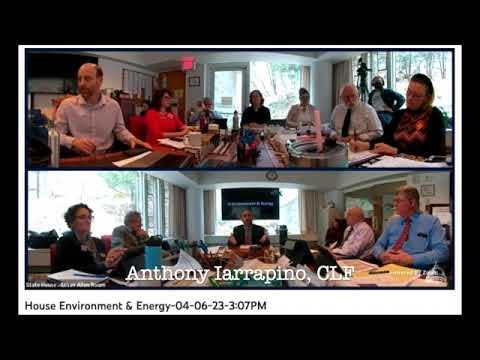When the Vermont legislature passed the Global Warming Solutions Act (GWSA) in 2020, lawmakers included a provision that allows anyone to sue the state (technically the Agency of Natural Resources) if we fail to meet the mandated greenhouse gas reduction targets in the law. Specifically, the law says,
(a) Any person may commence an action based upon the…
Keep reading with a 7-day free trial
Subscribe to Behind the Lines: Rob Roper on Vermont Politics to keep reading this post and get 7 days of free access to the full post archives.



